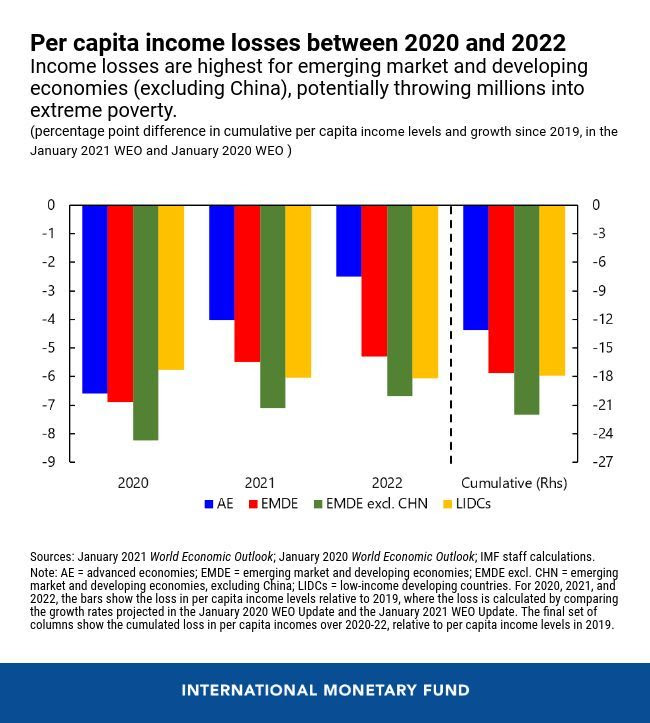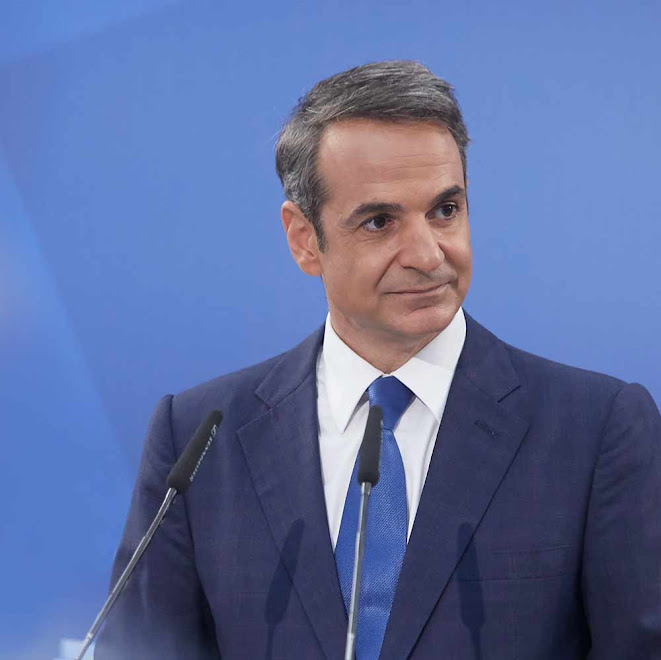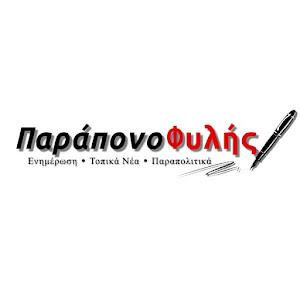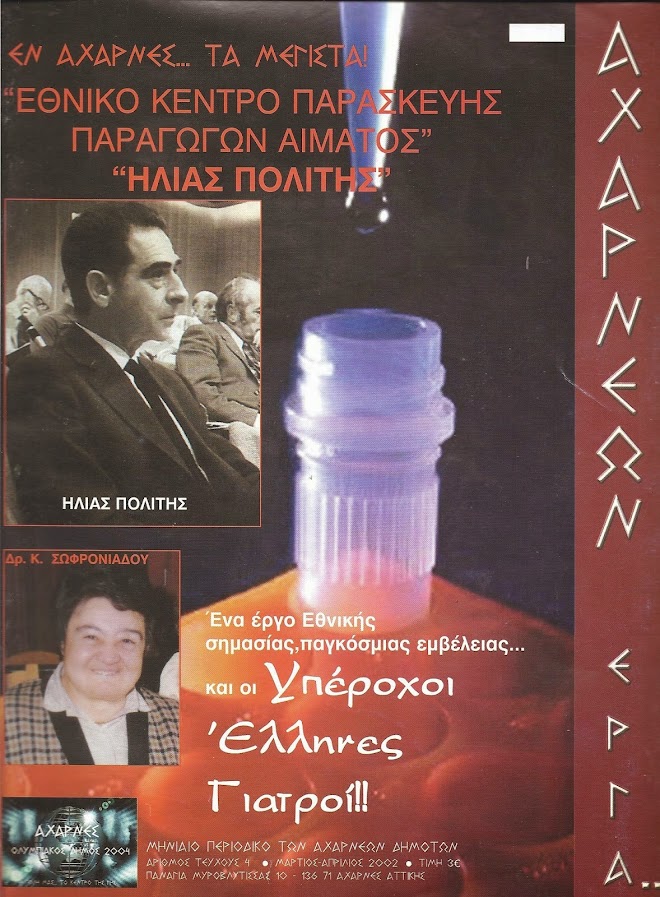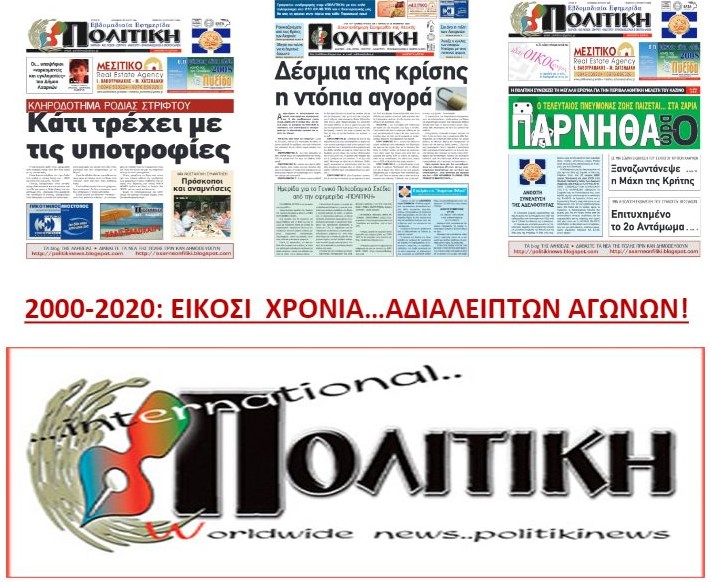Dear maria, In today's edition we explore how to avert a dangerous global divergence threatening recovery from the pandemic, Europe's response to the crisis, how Asia's recovery is uneven, tourism in a post-pandemic world, why biodiversity matters for economics, special drawing rights, and more.  But first, stay tuned for the launch of Finance & Development Magazine's March issue on Monday, March 1. The latest issue will explore the promise and peril of technology, which has only accelerated during the pandemic. But first, stay tuned for the launch of Finance & Development Magazine's March issue on Monday, March 1. The latest issue will explore the promise and peril of technology, which has only accelerated during the pandemic.
A FORK IN THE ROAD FOR THE GLOBAL ECONOMYAs finance ministers and central bank governors of G20 nations meet virtually today to discuss the state of the global economy, IMF Managing Director Kristalina Georgieva is warning about a dangerous divergence across countries and regions. By the end of 2022, cumulative per capita income will be 13 percent below pre-crisis projections in advanced economies—compared with 18 percent for low-income countries and 22 percent for emerging and developing countries excluding China. Put another way, the convergence between countries can no longer be taken for granted. Before the crisis, we forecast that income gaps between advanced economies and 110 emerging and developing countries would narrow over 2020–22. But we now estimate that only 52 economies will be catching up during that period, while 58 are set to fall behind, the MD writes in a new blog. The fight against this great divergence should take place on three fronts: -The pandemic is not over anywhere until it is over everywhere. A coordinated effort to end the health crisis for all should accelerate vaccine availability for poorer countries -Efforts should continue to shore up the global economy from the harmful effects of the crisis. The key is to help maintain livelihoods, while seeking to ensure that otherwise viable companies do not go under. Meanwhile, monetary policy support should continue but be weighed against unintended consequences. -Support for vulnerable countries is paramount and should be a pursued through a comprehensive effort that scales up concessional financing, considers a new Special Drawing Rights allocation, and addresses debt concerns, among other things. EUROPE'S RESPONSE TO THE CRISISMD Georgieva raised her grave concerns about a growing global divergence this week during a speech to the European Union Parliamentary Conference where she stressed solidarity and cooperation. "Currently, we are projecting global growth of 5.5 percent and 4.2 percent in the EU this year. But the path to recovery is highly uncertain and, most importantly, uneven. Uncertain because of the ongoing race between the virus and the vaccines. Uneven because of the difference in starting positions, economic structure and capacity to respond – causing inequalities to grow both across and within countries," she said. "The latter is my deepest concern: that the Great Lockdown of 2020 could morph into a Great Divergence in 2021." Watch and read her full speech here. ASIA'S VARIED RECOVERYThe divergent and varied impact of the pandemic is on full display in the Asia-Pacific region, where countries face different paths to recovery. Output losses were close to zero in China and Japan but rise to more than 20 percentage points in the Philippines and even 30 points in East Timor. The expectation is for strong growth in Asia-Pacific in 2021 and 2022; but the aggregate figures mask an enormous range of output losses, the IMF's Davide Furceri, Jonathan D. Ostry, and Anthony C.K. Tan write in a new blog. The divergence is especially sobering for the Pacific islands and other low-income countries in the region, where lives and livelihoods will depend on additional international support. While the divergent results from last year are history, they are not destiny. Policies to ensure wide vaccine distribution, continued support for workers and businesses, economic transformation, and international support will help shape a better future. TOURISM IN THE POST-PANDEMIC WORLDTourism is a major global economic driver. Many economic sectors are dependent on its performance, such as retail, accommodation and dining, and transportation, and with its complex supply chain, tourism contributed over 10 percent of global GDP and 300 million jobs in 2019. The COVID-19 pandemic has led to an unprecedented collapse in economic activity and significant travel restrictions amid great uncertainty. The impact of the crisis is especially acute for tourism-dependent economies where, until recently, the expansion of the tourism sector was a key pillar of a sustainable development path. The dimensions of tourism in a post-pandemic world were discussed this week by an expert panel, which focused on substantive policy issues for countries with tourism industries effected by the crisis. The discussion was led by IMF Deputy Managing Director Antoinette Sayeh and featured María del Pilar Garrido Gonzalo, Costa Rica's Minister of National Planning and Economic Policy; Gebhard Rainer, CEO, Sandals Resorts International; and Trevor Weltman, partner at the Clickable Impact Consulting Group, Asia. The event also highlighted the findings of a new IMF departmental paper, Tourism in the Post-Pandemic World: Economic Challenges and Opportunities for Asia-Pacific and the Western Hemisphere. Watch the full event here. THE ECONOMICS OF BIODIVERSITYNature should be counted as an essential capital asset in the same vein as roads, buildings, health, knowledge, and skills. The task ahead is finding ways to value nature's goods and services, both visible and invisible, in market prices, Sir Partha Dasgupta, professor emeritus of economics at the University of Cambridge, said in a conversation with MD Georgieva. The event follows the recent release of The Dasgupta Review, a landmark report on nature's worth to society and the need to rectify institutional failures that have discounted its importance. "The first message is include nature in your deliberations, no matter where you are [or] which decision unit you serve. Secondly, for our purposes here, [the report] focuses attention on the public goods nature of much of the biosphere," he said. "The IMF is a paramount of an international institution concerned with the supply of a profoundly public good--it provides a global financial safety net. Likewise, the planet is a public good. The ocean is a public good. The world's tropical rainforests are a public good in the sense that they provide these huge numbers of complicated services and goods that mother nature offers us that we transform to our purposes." Watch the full event here. SPECIAL DRAWING RIGHTS: EVERYTHING YOU NEED TO KNOWWhat is a Special Drawing Right (SDR)? What is a general SDR allocation? How does that benefit IMF member countries in need? The answers to these questions and more are the topic of a new Q&A. The basics: The SDR was created in 1969 as an interest-bearing international reserve that could supplement the reserve assets of member countries. It isn't a currency, nor a claim on the IMF, but is potentially a claim on freely usable currencies of IMF members. The value of the SDR is set daily by the IMF based on a basket of international currencies comprising the U.S. dollar, Japanese yen, euro, pound sterling and Chinese Renminbi. Why now? In the wake of the massive economic disruption caused by the COVID-19 pandemic, IMF members are debating whether to support a general allocation of SDRs, which would supplement member countries' exchange reserves. This could potentially increase the liquidity of poorer countries that are short of foreign exchange reserves and help them spend on what they need to address the crisis. US Treasury Secretary Janet Yellen, who represents the IMF's largest shareholder, supported an allocation of SDRs in a letter this week to the G20. Get more resources on SDRs by visiting this page. MARK YOUR CALENDAR: AFRICAN FISCAL FORUMThe European Commission and the IMF will host the Ninth African Fiscal Forum, March 2-3, 2021. The Forum, which will be held virtually, aims to take stock of the health, economic and social impact of the pandemic on sub-Saharan African (SSA) countries and the reforms required to alleviate it, identify the resulting short and medium-term fiscal challenges faced by countries, and highlight the necessary fiscal reforms to address them. The Forum opens with a roundtable featuring IMF Managing Director Kristalina Georgieva; Jutta Urpilainen, Commissioner for International Partnerships, European Commission; Vera Daves de Sousa, Minister of Finance, Angola; Amadou Hott, Minister of Economy, Planning, and Cooperation, Senegal; Albert M. Muchanga, Commissioner for Economic Development, Trade, Industry and Mining Representing the Chairperson of the AU Commission; Tidjane Thiam, African Union Special Envoy for COVID-19; and moderated by CNN Business Africa’s Eleni Giokos. The event will assess the impact of the pandemic on sub-Saharan Africa countries and highlight the necessary BRAVE fiscal reforms (Bold, Revenue based, Anchored, Vaccine compatible and Equitable) to address them. Find out more about the agenda here and watch the livestream of the event here. DISPARITIES IN REAL TIME"High-frequency data are critical when it comes to tracking the rapid economic destruction and disruption wrought by the COVID-19 pandemic," writes IMF economist Wenjie Chen in our latest issue of F&D. "This information has also helped confirm, nearly in real time, the unequal impact of the crisis on particular populations, especially women." Chen's new study uses real-time data supplied by Indeed, one of the major providers of worldwide employment-related search engines for job listings. This gives us one-of-a-kind insight into the behavior of virtually all employers that post online job advertisements. The main advantage of Indeed’s online job posting data is that the information is close to real-time data and offers complete coverage of online job postings, whereas government survey data are limited to the employers surveyed. This real-time view of labor demand provides analytical backing for something that has become increasingly evident as the year has progressed: demand for jobs for women has fallen disproportionately more than for men, and low-skilled workers are likely to fall further behind. Interested in learning more? Read the full 1650-word piece here, download the PDF, listen to a podcast with Chen about these issues here. IMF AROUND THE WORLDThe IMF Executive Board completed its second and third reviews of Mali's performance under a program supported by a three-year Extended Credit Facility arrangement approved in 2019. The IMF adjusted the program to give the economy space to recover from the pandemic The IMF also announced this week a staff-level agreement with Ethiopia for the first and second reviews of Ethiopia’s economic program supported by the Extended Credit Facility and Extended Fund Facility. The agreement is subject to approval by the Executive Board. IMF LENDINGCheck out our global policy tracker to help our member countries be more aware of the experiences of others in combating COVID-19. We are also regularly updating our lending tracker, which visualizes the latest emergency financial assistance and debt relief to member countries approved by the IMF’s Executive Board. To date, 80 countries have been approved for emergency financing, totaling over US$32 billion. Looking for our Q&A about the IMF's response to COVID-19? Click here. We are also continually producing a special series of notes—more than 50 to date—by IMF experts to help members address the economic effects of COVID-19 on a range of topics including fiscal, legal, statistical, tax and more. FINAL THOUGHTThank you again very much for your interest in the Weekend Read. We really appreciate your time. If you have any questions, comments or feedback of any kind, please do write me a note. Sincerely, | 










